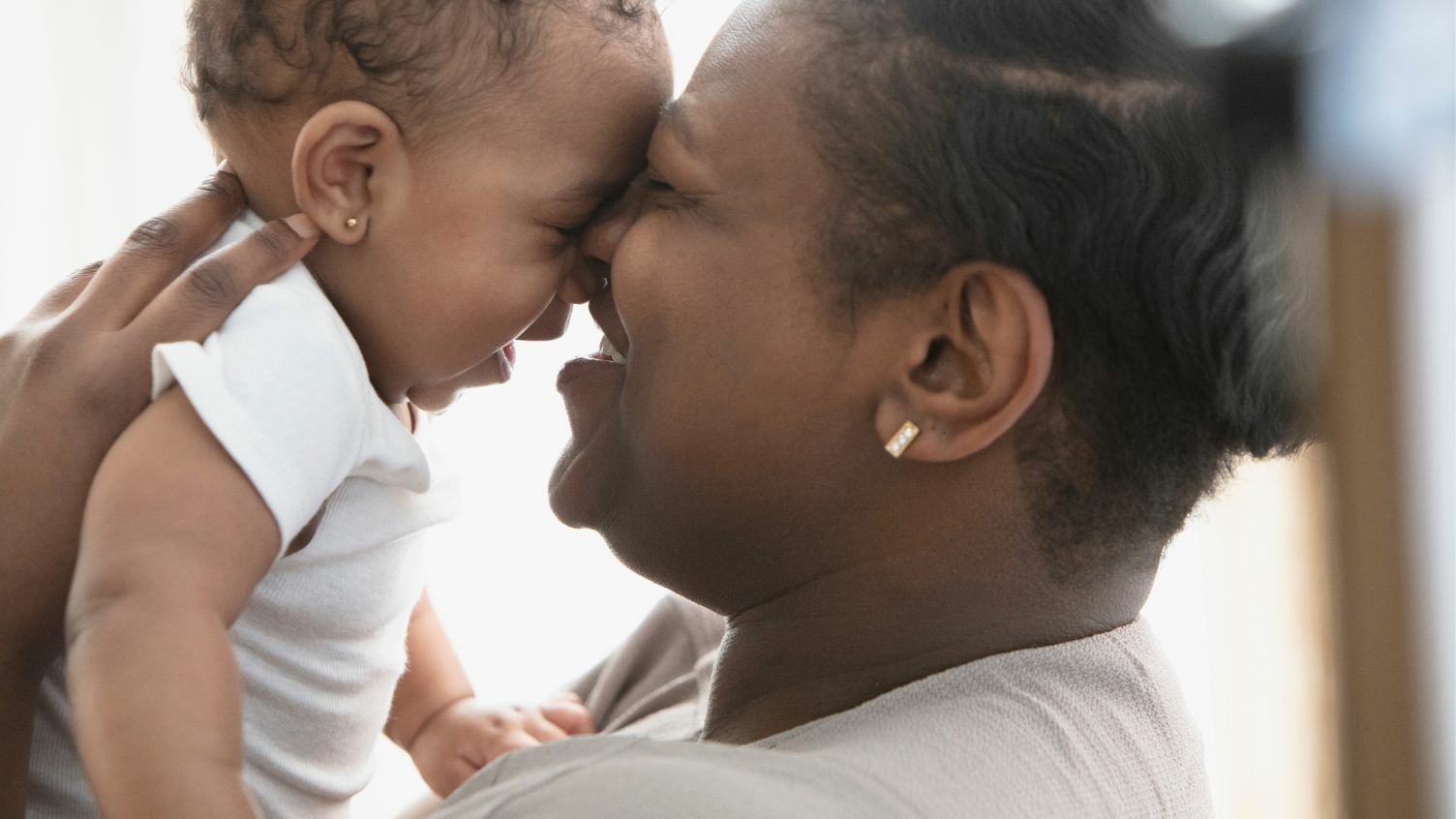Parents in Wessex urged to support new research tackling RSV infections in infants
- 14 November 2022
- 4 min read
Parents across Wessex are being urged to support a new respiratory virus study looking into the UK’s leading cause of infant hospitalisation.
RSV (Respiratory Syncytial Virus) is one of the leading causes of hospitalisation in all infants worldwide, and affects 90% of children before the age of two.
RSV often causes only mild illnesses, like a cold. However, for some babies, it leads to more severe lung problems such as bronchiolitis and pneumonia.
In recent months, there has been a resurgence of RSV following the easing of COVID-19 public health measures.
The groundbreaking HARMONIE study is looking at how strongly babies can be protected from serious illness due to RSV infection, by giving them a single dose of nirsevimab, a monoclonal antibody immunisation.
The study, which is a collaboration between Sanofi, its partner AstraZeneca, and the National Institute for Health and Care Research (NIHR), will evaluate the efficacy of nirsevimab. The antibody has recently been approved by both the Medicines and Healthcare products Regulatory Agency (MHRA) and the European Medicines Agency (EMA).
The HARMONIE study is open to newborn babies, and babies who are up to 12 months old.
The study will last approximately 12 months and includes a single in person visit, with entirely virtual follow up visits.
Anyone interested in finding out more or signing up can visit the study website: rsvharmoniestudy.com.
Dr Simon Drysdale, Consultant Paediatrician in Infectious Diseases at St. George's University Hospitals NHS Foundation Trust and Co-Chief Investigator of the study, said:
“RSV is a common respiratory virus which affects nearly all children before the age of two. For most children it causes a mild illness like a cold, however it can lead to more severe lung problems for some, such as bronchiolitis and pneumonia.
“The HARMONIE study is looking at how strongly babies can be protected from illness caused by RSV infection through a single antibody dose, which acts in the same way as antibodies in our own bodies but is targeted specifically to fight RSV.
“Previous Phase 3 studies have been completed to date and show that nirsevimab is safe and effective in preventing RSV in preterm and healthy infants. The HARMONIE study is looking to further assess the impact with more babies involved.
“The study is critical to helping the NHS, the Joint Committee on Vaccination and Immunisation (JCVI) and the Department of Health and Social Care (DHSC) find out whether it is feasible and beneficial, to patients and the NHS, to routinely implement nirsevimab in healthy babies.”
Dr Simon Royal, Primary Investigator for the HARMONIE study, NIHR National Specialty Lead for Primary Care, Honorary Assistant Professor at the University of Nottingham Medical School, said:
“We are delighted to be the first site in the world to recruit a participant into the HARMONIE study. This study will help us to find out how well a one-off injection protects babies from RSV.
“RSV is a major cause of death and illness in children across the world and it is the most common reason for admission to hospital in children aged under one year in the UK. Nearly 80% of the children admitted to hospital with RSV are previously healthy and at certain times of the year, children’s wards are full of babies with this infection.
“We would encourage parents to support this important study, with the knowledge that they will be making an invaluable contribution to the health of babies now and in the future.”
Professor Andrew Ustianowski, National Specialty Lead for Infection at NIHR Clinical Research Network, said:
“This study, supported by the National Institute for Health and Care Research across more than 100 sites, provides the UK with the opportunity to lead the way in a disease which impacts infants globally.
“By carrying out this widespread study, we can help discover how babies can be protected from such a common, yet potentially debilitating virus. Previous smaller studies of the antibody injection being used has shown nirsevimab has a good safety profile in babies, which will hopefully provide parents with confidence to take part in the study.”
Dr Bogdana Coudsy, Global Head of Medical for Vaccines at Sanofi, said:
“Given RSV is a leading cause of hospitalisation in all infants, we are excited to start this research that puts the needs of participants, carers, and investigators at the heart of its development. This is an innovative study in design and execution, a model for the future, thanks to a hybrid digital design and close collaborative work.”
Nirsevimab is an long-acting antibody aiming to protect all infants from birth entering their first RSV season with a single dose.
Participants of the HARMONIE study will be randomly assigned into one of two groups. One group will receive the antibody dose, and in the other group no injection will be given.
More than 20,000 infants across three countries (United Kingdom, France and Germany) will take part in the study, from August 2022 to March 2023.


